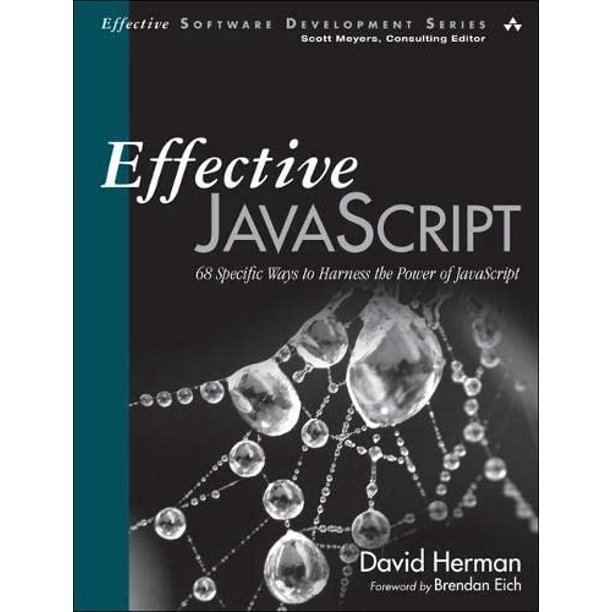
The SWCA is a nonprofit organization dedicated to preserving natural resources and advancing projects that benefit the lives of today's people. Onsite Environmental Consulting is an example of their work. This website allows applicants to post their resumes anonymously, allowing employers to easily find the best candidates for a given position. You can also find a list with local job openings, as well as links to potential employers. Although this organization is a great place to start your career, it has some serious issues.
Onsite Environmental Consulting
SWCA Environmental Consultants has Onsite Environmental Consulting. They are an environmental consulting firm based in Jacksonville, Florida that offers a wide range of services such as water quality monitoring, habitat recovery, stakeholder engagement, and more. The environmental consultants at Onsite Environmental Consulting combine their scientific expertise with their knowledge of permits and compliance protocols to provide clients with cost-effective solutions. Onsite Environmental Consulting is available for consultation. These are their top capabilities:

Primary industries in the SWCA
Please read the following if you are interested in working for SWCA Environmental Consultants. Learn about SWCA's main industries and who they serve. Also, you'll find information about employees and alternate spellings. The following industries are our core businesses:
Its CEO
Joseph J. Fluder III of SWCA is the chief executive officer. He is passionate to deliver sound science to clients, and create a fun, rewarding work environment. He is the president and CEO of SWCA and works closely with leadership to create strategies and establish strategic vision. He emphasizes SWCA's uniqueness, scientific and technical prowess, as well as its strengths. He also maintains the company’s employee ownership structure.
Its political affiliations
In the wake of the recent news that an undercover police officer was secretly spying on students at the UW, the Student Worker Coalition is investigating its political affiliations. SWC, the Student Workers Council, hosts open meetings to plan a campus protest on May 3. In an April 8 meeting, a woman named Tani, a UW alumna, attended. SWC members confronted an officer wearing a police uniform while questioning him. He confessed that he was Tani, the woman at the meeting.

Its employee data
Zippia provides a detailed analysis of SWCA Environmental Consultants' employee records. ZIPpia gathers data from public and proprietary sources and asks employees to disclose their employment history. These sources can include the BLS and company filings. These data came from an internet survey conducted by SWCA.
FAQ
What skills will I need to be a consultant?
A consultant should have strong analytical skills as well as interpersonal skills. This is essential because you will be working on projects that you don't know the details of. You will need to learn how you manage people and solve problems quickly.
You also need to have excellent communication skills. Most clients expect a reply within 24 hours. If they don’t hear back, they assume that you aren’t interested. It is important to keep them updated and make sure they fully understand the situation.
Why hire consultants?
There are many reasons you might need to hire a consultant.
-
Your organization may have a specific project or problem that needs solving
-
You want to improve your own skills or learn something new
-
You want to work closely with experts in a certain field
-
There is nobody else who can do this job.
-
You feel overwhelmed with all the information you see and don’t know where it is.
-
You cannot afford to pay someone fulltime
You can find good consultants by word of mouth. Ask around if anyone knows any reputable consultants. Ask someone you know who is a consultant for his/her recommendations.
If you decide to use online directories like LinkedIn, use the "Search People" feature to look for consultants in your area.
Why would a company pay a consultant?
Consultants offer expert advice to help improve your business' performance. Consultants are not there to help you sell products.
A consultant helps companies make better decisions by providing sound analysis and recommendations for improvement.
Consultants often work closely alongside senior management teams to help understand what they need to succeed.
They provide coaching and leadership training for employees to enable them to achieve their peak performance.
They can help businesses reduce costs, streamline processes, and increase efficiency.
How much do consultants make?
Although some consultants can make more than $100k annually, the majority of consultants earn between $25-$50k. The average consultant salary ranges from $39,000 to $39,000. This includes both hourly and salaried consultant.
Salary depends upon experience, location, industry and type of contract (contractor/employee). It can also depend on whether the consultant has their own office or works remotely.
Are you a qualified consultant?
Studying a subject deeply and then applying your knowledge is the best way for you to become an expert.
Learn how to be a great consultant by studying now!
If you have a degree but no relevant experience, you may struggle to get hired. However, if you can demonstrate that you've studied the same subjects as those who got the jobs, you could still apply.
Employers will always be attracted to candidates who are able to apply their real-world skills.
How do I get clients to my consulting business?
The first step is to find an area you are passionate about. It could be anything from social media to public relations, but there must be something you feel strongly about. If this is the case, it may be worth starting small by focusing on a niche market such web design. Once you've found this niche, make sure you understand what makes it tick. What problems does this solve? Why should people use them? What can you do to support them?
You can also contact businesses directly.
You can also offer your services at events such as networking nights and conferences, if all else fails. You will meet potential customers and be able show your skills without having to spend money advertising.
How is consulting different to freelancing
Freelancers work as independent contractors and offer their services without the assistance of an agency or company. Hourly rates are usually charged based on the time they spend working on a client’s project. Consultants typically work for agencies and companies that employ them. Their salaries are usually paid monthly or annually.
Consultants often have more flexibility, while freelancers can choose to work when they want and set their own rates. Consultants often offer better benefits such as vacation days and retirement plans, health insurance, and vacation days.
Statistics
- Over 50% of consultants get their first consulting client through a referral from their network. (consultingsuccess.com)
- My 10 years of experience and 6-step program have helped over 20 clients boost their sales by an average of 33% in 6 months. (consultingsuccess.com)
- According to IBISWorld, revenues in the consulting industry will exceed $261 billion in 2020. (nerdwallet.com)
- According to statistics from the ONS, the UK has around 300,000 consultants, of which around 63,000 professionals work as management consultants. (consultancy.uk)
- WHY choose me: Why your ideal client should choose you (ex: 10 years of experience and 6-week program has helped over 20 clients boost their sales by an average of 33% in 6 months). (consultingsuccess.com)
External Links
How To
What's a typical day like for a Consultant?
A typical day will vary depending on the type of work you are undertaking. However, the majority of your day will consist of research and planning, meeting clients and preparing reports.
Meetings are a common way to discuss problems and issues with clients. These meetings may be over the phone via email, on-line, or face-to–face.
The proposal is a document that outlines your ideas and plans to clients. You will need to discuss these proposals with a mentor or colleague before you present them to clients.
After all the planning and preparation you will have to put your efforts into creating some content. This could include writing articles, designing websites or editing photos.
Depending on the scope of the project, you may need to do some research in order to gather relevant statistics or figures. This could include finding out how many customers your company has and whether they purchase more than one product.
After gathering enough information, you can present your findings to clients. Your findings may be delivered orally, or written.
After your initial consultation with clients, you need to keep in touch. You might contact them regularly to check on their progress or send them emails to confirm they have received your proposal.
This process takes time, but it's important to ensure that you stay focused and maintain good relationships with clients.